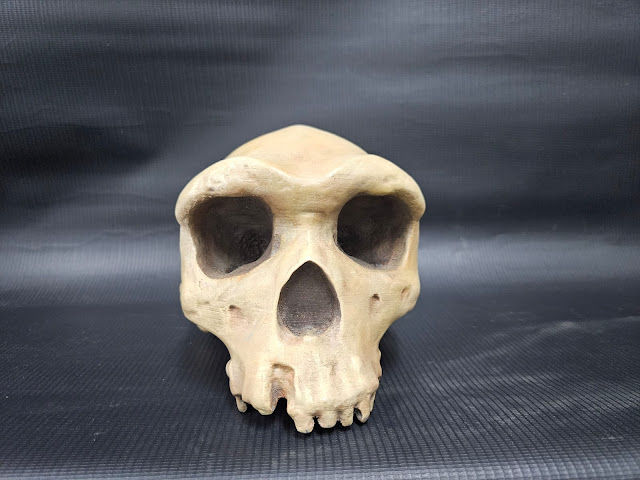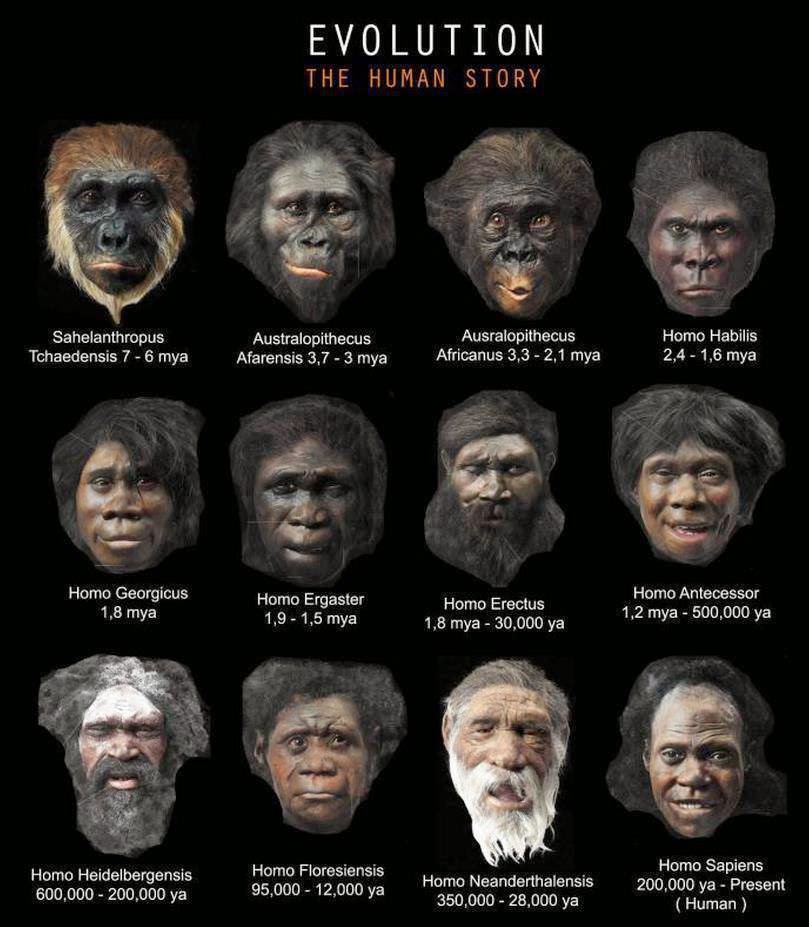Pesquisadores e Estudantes de Bioantropologia do Pará Participam do 16º Congresso da ALAB
O 16° Congresso da Associação Latino-Americana de Antropologia Biológica (ALAB) é o mais importante evento de nossa área na América Latina. Este ano irá ocorrer presencialmente entre os dias 08 e 11 de novembro na Universidade de São Paulo (USP), e terá extensa participação de integrantes do LEBIOS/UFPA e do GEB/UEPA, com trabalhos que discutem temas diversos sobre as pesquisas bioantropológicas de alto nível realizadas na Amazônia.
Nutritional transition, chronic/genetic diseases and social determinants of health: biocultural investigations on malnutrition, obesity and poverty in Brazil and the Amazon before and after the COVID 19 pandemic context
SILVA, A.K.L.; FILGUEIRAS, L.A.; OLIVEIRA, R.; SILVA, H. P.
Abstract
In Brazil, even before the Covid-19 pandemic, we have faced numerous socioecological, environmental, sanitary and structural barriers that have directly affected the health of thousands of individuals, particularly in the Amazon Region, due to the enormous difficulty of locomotion between giant rivers and river streams, with almost nonexistent access to diverse isolated communities that live far from small and medium-sized towns and cities, without any type of public health care in their hometowns. In the last three decades, the prevalence increasing of chronic diseases has been associated to several factors, including sudden changes in eating habits, physical inactivity, socio-racial inequality and high levels of poverty, which resulted in the process of nutritional transition and as aggravating Social Determinants of Health (DSS) in the Amazon and throughout the country, it is common to observe malnourished and obese individuals in the same family nucleus, biocultural phenomena that still lack focal studies and a great collective interest to understand how the DSS influence such behaviors. Cardiovascular, genetic diseases, hypertension, diabetes, malaria, dengue, Covid-19 and others have been prevalent from North to South of Brazil, bringing to light the need for research works to investigate how lifestyle, income, food, access to health, ethnic-racial diversity and basic sanitation have affected our riverside, quilombola, indigenous, rural and urban populations, with the need for urgent solutions to reduce the various health damages in our pandemic situation nowadays, a scenario that has decimated, in a broad sense, hundreds of families and different groups/subjects without any kind of government, logistical or humanitarian support, in order to minimize risks for present and future generations. The session will be important to show the current status of the researches that have been developed about the thematic in Brazil, and to help build and strengthen the collaboration between research centers.
Quilombola elderly people from the State of Pará, Amazon, Brazil: life conditions, racism and the covid pandemic context
FILGUEIRAS, L.A.; SILVA, H.P.; RAMOS, E.M.L.S.; SILVA, A.K.L; OLIVEIRA, R.B.T.
Abstract
The Quilombolas are remaining communities of black Africans that lived in Brazil as slaves, who live by subsistence agriculture, artisanal fisheries, extraction of forest products, selling products in local markets. Their life conditions have not been investigated properly but it is known they are vulnerable as any other groups from the Amazon region. We investigated the nutritional status and social determinants of health of 124 elderly individuals (60 to 98 years old, 63 women, 61 men) from six communities in the State of Pará, Brazil, through anthropometric, health measurements and interviews. Men (31,67%) and women (28,57%) are overweight, but 29% of women are obese. Many relate chronic diseases, which can be aggravated by the poor environmental conditions of housing, no sewage system, unappropriated water consumption, food insecurity, lack of education and health access. Women reported not going to the doctors due to medical violence and racism. During the Covid 19 pandemic, this population has gone through several helplessness situations, as underreporting cases, land conflicts that resulted in many assassinations and no access to the Brazilian government emergency basic income, contributing for a significant impact in the local economy. Elderly people are the most vulnerable and Quilombola communities are creating prevention strategies (folk medicine, traditional gardening, and others) and discussing protection and basic care measures with governmental and non-governmental bodies, but these actions require the involvement and understanding of society and various bodies at the municipal, state and federal levels to guarantee a minimum of dignity regarding these historically denied populations.
Cancer genetic and sickle cell disease in Bahia and Pará States: Biosocial relations and public health challenges
SILVA, A.K.L.S.; CARDOSO-JR., L.; FILGUEIRAS, L.A.F.; SILVA, H.P.
Abstract
Black people with cancer (CA) and sickle cell disease (SCD) in Brazil face serious health difficulties. In Bahia, a CA study with 152 individuals from Monte Santo municipality was conducted to evaluate genetic and environmental risk factors. In Pará, a SCD study involving 60 people from the regional blood center in Belém was carried out to investigate the relationship between genetic ancestry and clinical manifestations. The Monte Santo sample has a high rate of consanguineous marriages, high frequency of genetic diseases, and presents a high European ancestral contribution. The evaluation of deletions in susceptibility genes in individuals with CA found a frequency similar to other populations. However, biosocial characteristics such as smoking and family history may be involved in determining the disease. For people with SCD, the severity and diversity of clinical symptoms is associated with the highest frequency of European autosomal DNA (41%) and with gender, what indicate that genetic factors may influence the development of the syndrome differently, with women presenting more severe symptoms. Both CA and SCD are examples of diseases associated with highly complex biosocial factors, including poverty, lack of health information, difficulty of access to treatment, monitoring and psychological care, all resulting from structural racism. They show the need for social interventions in addition to the diagnostic and therapeutic approaches. In Brazil, the black population has been historically neglected and still suffers the consequences of colonial practices. Effective health actions and policies must be adopted to bring health improvement to these vulnerable populations.
Pesquisa biocultural em campo durante a pandemia de COVID-19: desafios e lições aprendidas
Carmo, R.C.N; Brito, A,C.; RIBEIRO-BRASIL, D.; SILVA,
P.E.L.; MARQUES, F.; Pereira, j.L.S.; Tavares, V.; Ribeiro, V.S.; RHUE, S.; INGLEZ,
M.; Da-Gloria, P.; Silva, H.P. ; Lee, J.; Hale, v.; Piperata, B.A.
Resumo
A
Pandemia da Covid-19 tem impactado significativamente as pesquisas de campo nas
diversas áreas científicas. Este trabalho objetiva compartilhar experiências de
uma pesquisa ancorada na teoria biocultural, inerente ao projeto Microbioma
Intestinal Infantil: Uma Investigação Biocultural, que conecta conhecimento nas
áreas de antropologia biológica, cultural, saúde pública e microbiologia no
município de Belém, PA - Amazônia. São apresentadas experiências ligadas a três
momentos do trabalho de campo e suas adaptações: Primeiro relacionado ao
treinamento da equipe e recrutamento das participantes. O segundo se refere a
coleta de dados com aplicação de questionários de saúde materno infantil,
coleta de material biológico, ambiental e observações sistemáticas por quatro
horas da rotina do bebê. O terceiro é a preparação, transporte e análise dos
materiais coletados. Para isso, foram estabelecidas estratégias à coleta de
dados tais como: Utilização de EPI’s, coleta de parte dos dados de forma remota
e minimização do contato a partir de instrução com as próprias participantes
para coleta de amostras biológicas. A Covid-19 trouxe inúmeros desafios
sanitários e técnicos para as pesquisas de campo, com isso, tem sido necessário
um intenso processo de readaptação metodológica cujos resultados ainda estão
por ser avaliados. No entanto, um fato que tem
provocado dificuldades no desenvolvimento da pesquisa é a demora da
imunização por meio da vacina. Faz-se necessário refletir em conjunto a criação
de trajetórias metodógicas inovadoras, que possibilitem superar os impasses
apresentados pela pandemia e estabelecer um vínculo confiável aos
participantes, a fim de viabilizar a retomada das atividades de campo,
fundamentais para o desenvolvimento da pesquisa bioantropológica, contribuindo
assim à sociedade.
Mesa Redonda: The Teaching of biological anthropology in Latin America
Coordenação: SILVA, H.P.
Abstract
Physical Anthropology
is a recognized research field in Latin America (LA) since the 19th Century
when its professionals were mostly involved with discussions about race, indigenous
groups, admixture, and the development of the nation states. Starting in the
1950`s until the early 2000`s, following the trends in North America, the field
went through several changes in scope and importance throughout LA to become
what is known today as Biological Anthropology. Linked mainly to courses or
programs of biology, both as graduate and undergraduate study programs, the
discipline has had little involvement with the social sciences departments. It
has never attained the same status as in North America or Europe. Nevertheless,
as a holistic and dynamic field which, throughout its history, has responded to
diverse theoretical currents and paradigms according to the various latitudes
where it has been applied, Biological Anthropology has proven its importance as
a research and applied field. The objective of this session is to bring
together representatives of some of the most traditional centers of teaching of
the field in LA to discuss the current status of the training programs and
research areas. The session provides a broad spectrum perspective on how the
field has been developing in the countries, the types of studies conducted, and
the important role it has in the search for solutions to important problems
faced by our society.
Informações
detalhadas sobre o 16o Congresso da Associação Latino Americana de
Antropologia Biológica estão disponíveis em: https://www.even3.com.br/alab2020/
PARTICIPE









Comentários
Postar um comentário